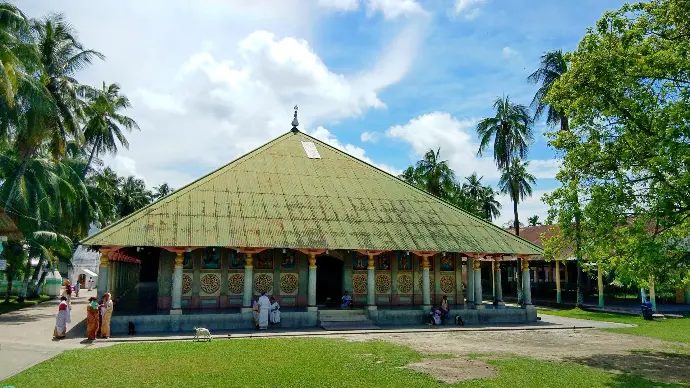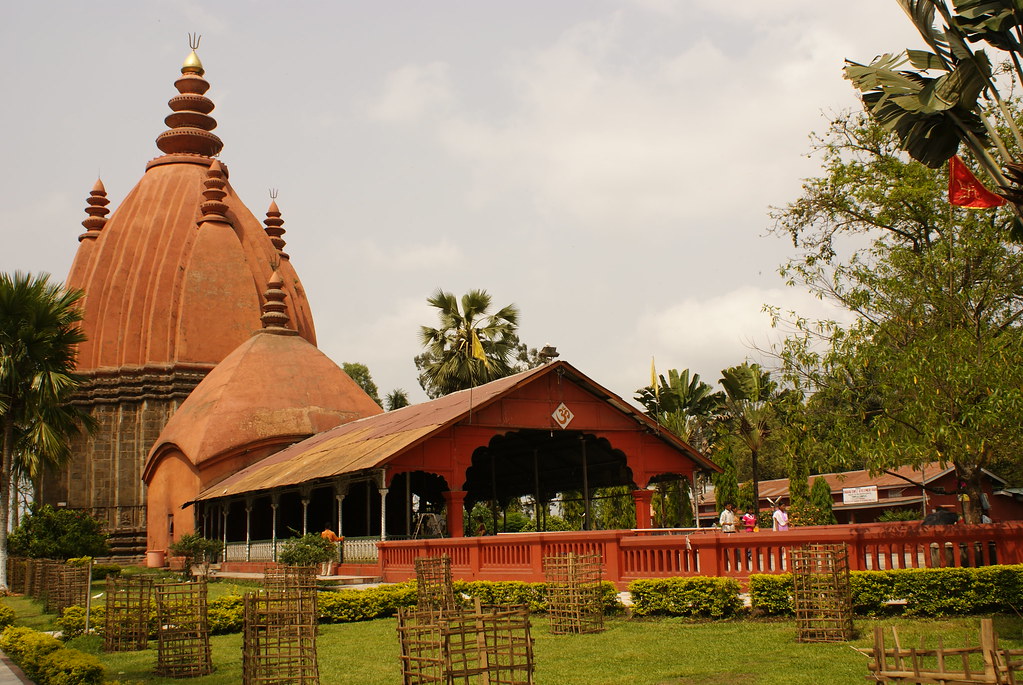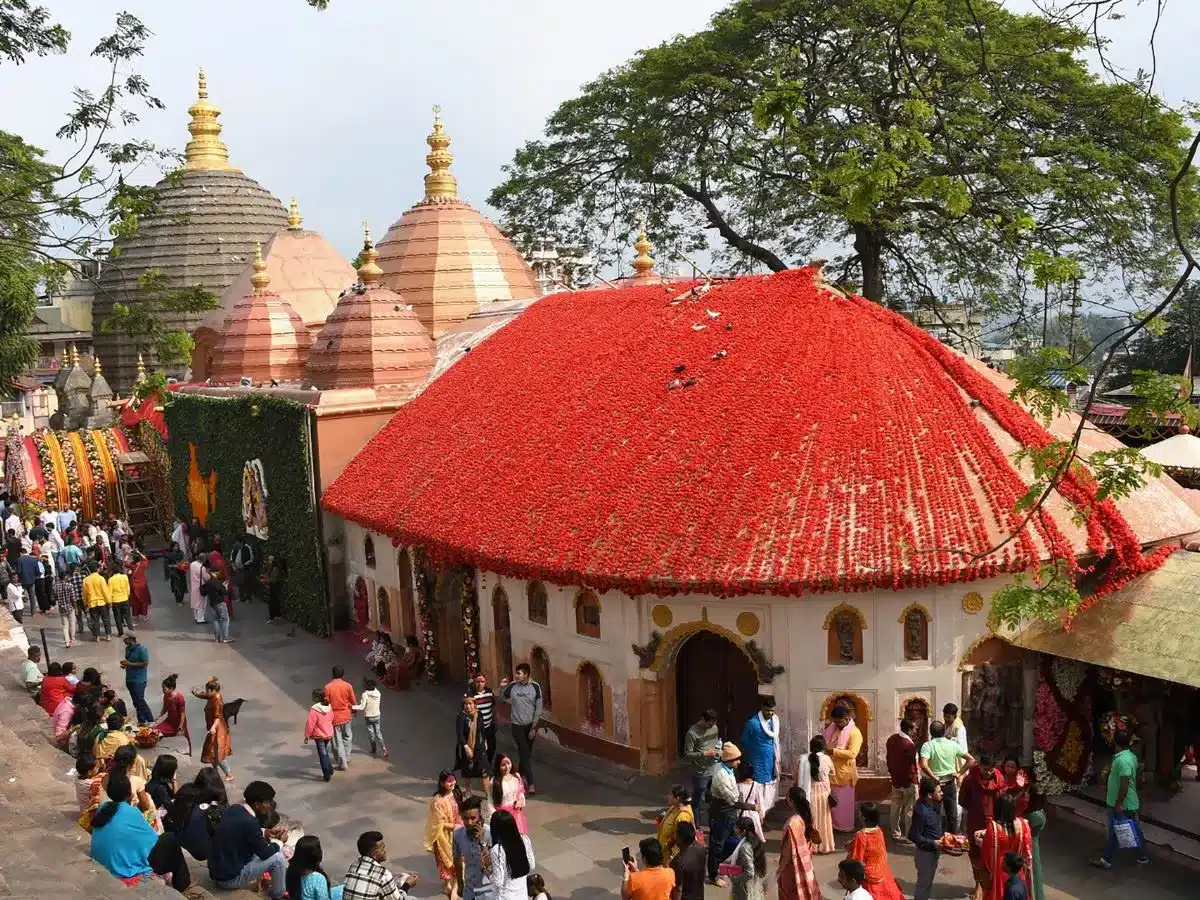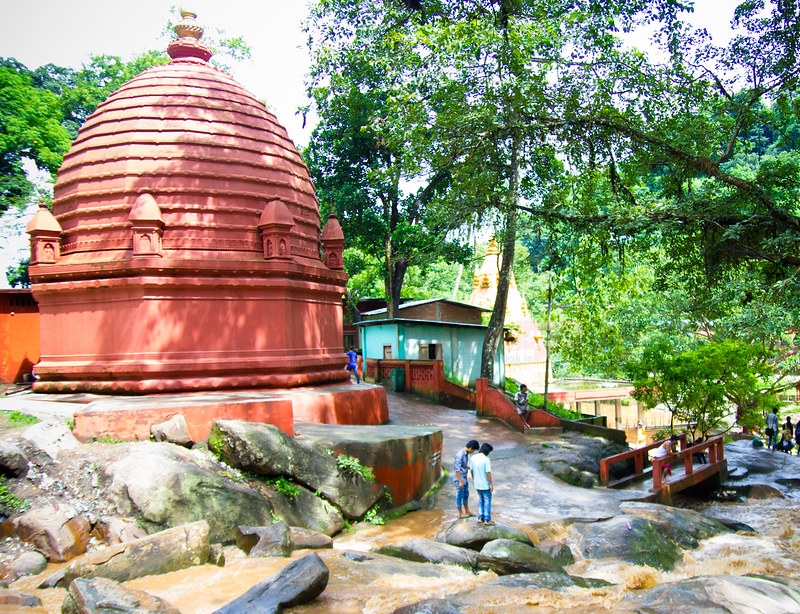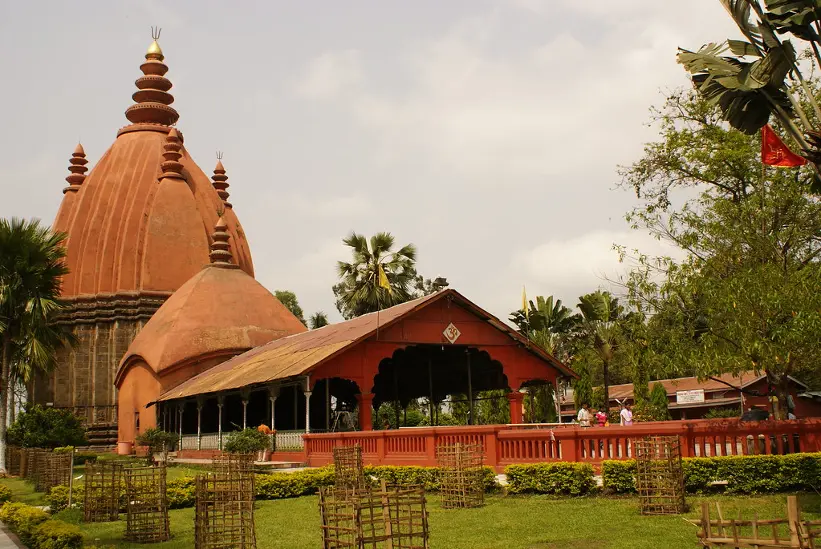Srimanta Sankardev
The Saint, Scholar, and Cultural Icon of Assam
Srimanta Sankardev (1449-1568) is a name that resonates deeply in the heart of Assam. He is revered not just as a religious reformer, but also as a cultural icon whose contributions have shaped the social, cultural, and religious fabric of Assam. His influence is so profound that his legacy continues to inspire and guide the people of Assam to this day.
Early Life and Spiritual Awakening
Born in 1449 in Alipukhuri, near Bordowa in present-day Nagaon district, Sankardev was destined for greatness. His early years were marked by a keen interest in spiritual matters, and by the age of 12, he had already demonstrated his intellectual prowess by composing his first verse. His family belonged to the Kayastha community, which was known for its scholarly pursuits. Sankardev received a comprehensive education, mastering Sanskrit scriptures, Indian philosophy, and classical literature.
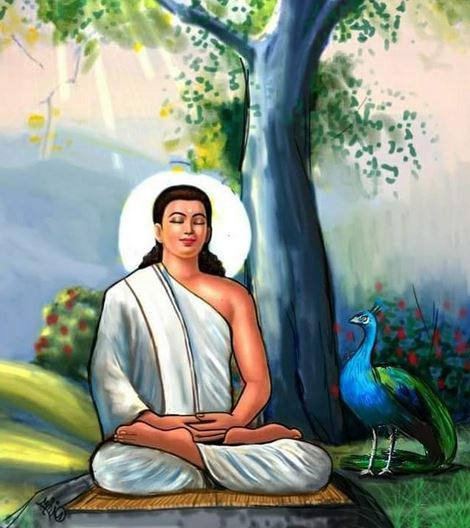
His spiritual journey began in earnest after the death of his wife. Sankardev undertook a pilgrimage across India, visiting sacred sites and engaging with scholars and sages. This journey deepened his understanding of religion and spirituality, and upon his return to Assam, he dedicated himself to the task of reforming the spiritual landscape of the region.
The Neo-Vaishnavite Movement
Srimanta Sankardev is best known as the founder of the Neo-Vaishnavite movement in Assam. This religious and cultural movement emphasized devotion to a single deity, Lord Krishna, as opposed to the polytheistic practices prevalent at the time. Sankardev's teachings were rooted in the Bhakti tradition, which advocated a direct, personal relationship with God, transcending the need for elaborate rituals and caste-based hierarchies.
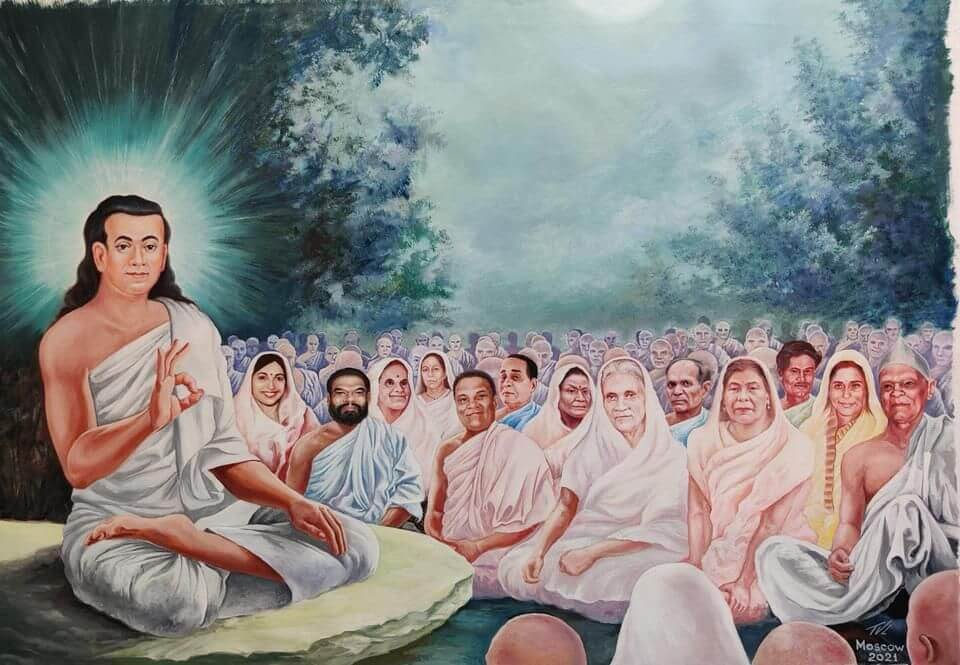
Sankardev's teachings were revolutionary for their time. He preached the message of equality, compassion, and devotion, challenging the rigid social structures that divided society. His teachings resonated with the masses, leading to the widespread acceptance of Neo-Vaishnavism in Assam.
Contributions to Literature and Art
Srimanta Sankardev was not just a spiritual leader; he was also a prolific writer, playwright, and artist. His literary works include the Kirtan Ghosa and the Bhagavata, which are considered sacred texts in Assam. These works were written in the Assamese language, making religious teachings accessible to the common people. Sankardev's use of the vernacular language played a crucial role in the development of Assamese literature and in unifying the diverse linguistic communities of the region.
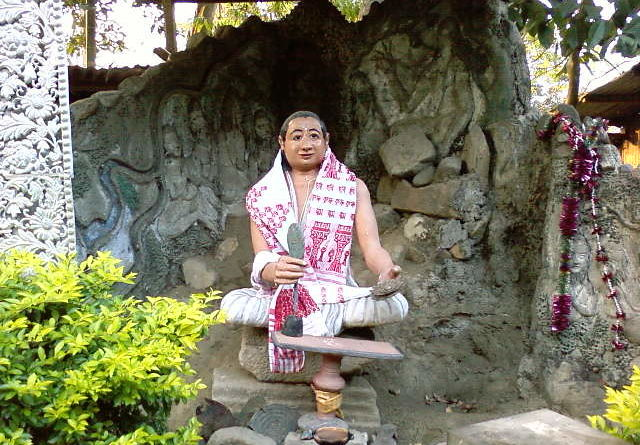
Sankardev was also a pioneer in the field of performing arts. He introduced the Ankia Naat, a form of one-act play that combined drama, music, and dance to convey religious and moral teachings. These plays were performed in open-air theatres called Namghars, which became the cultural and spiritual centers of Assamese villages. The Sattriya dance, one of the eight classical dance forms of India, also owes its origins to Srimanta Sankardev. This dance form, initially performed in the Sattras (monastic institutions), has now gained national and international recognition.
Establishment of Sattras and Namghars
One of Sankardev's most enduring contributions was the establishment of Sattras and Namghars. Sattras are monastic institutions that serve as centers for religious and cultural activities. They played a crucial role in the spread of Neo-Vaishnavism across Assam and in preserving and promoting the cultural heritage of the region. Namghars, on the other hand, are community prayer halls that serve as the focal point of village life. They are not just places of worship but also centers for social and cultural gatherings.
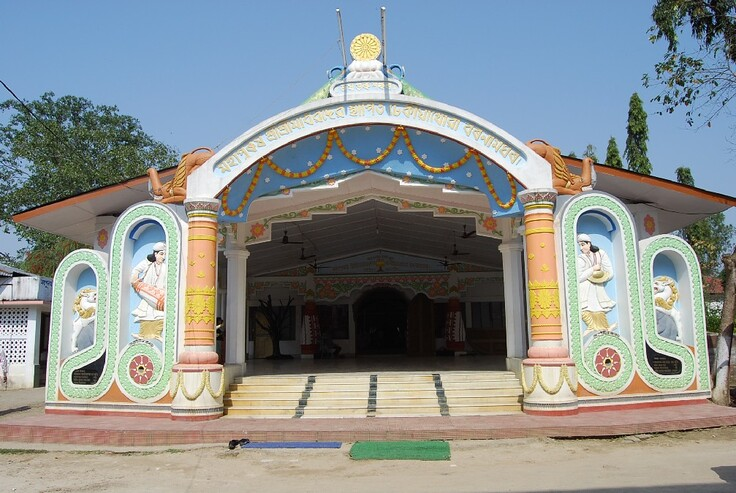
The Sattras continue to be a vital part of Assamese society, with over 900 Sattras spread across the state. They are custodians of the rich traditions and teachings of Srimanta Sankardev, and they play a key role in the preservation of Sattriya dance, music, and literature. Know More About Sattras Click Here
Legacy and Influence
The legacy of Srimanta Sankardev extends far beyond the borders of Assam. His teachings have influenced various aspects of Assamese culture, from literature and music to social values and religious practices. His emphasis on unity, compassion, and devotion continues to inspire generations.
Sankardev's contribution to the cultural identity of Assam is immeasurable. He laid the foundation for a distinct Assamese culture, which is characterized by a unique blend of religion, art, and social values. His teachings have fostered a sense of community and cultural pride among the people of Assam.
In recognition of his immense contributions, Srimanta Sankardev is often referred to as the "Father of Assamese Culture." His life and work continue to be celebrated in Assam, with numerous institutions, festivals, and cultural events dedicated to his memory. The Srimanta Sankaradeva Kalakshetra in Guwahati is one such institution, established to promote the cultural heritage of Assam and to honor the legacy of this great saint.
Conclusion
Srimanta Sankardev's impact on Assam is both profound and enduring. He was a spiritual leader, a social reformer, a literary genius, and a cultural icon. His teachings and contributions have shaped the very identity of Assam, making him one of the most revered figures in the state's history. For those visiting Assam, exploring the life and legacy of Srimanta Sankardev offers a unique insight into the cultural and spiritual heart of this vibrant region.
Often read Bordowa Satra
Read More Namghar & Satra




